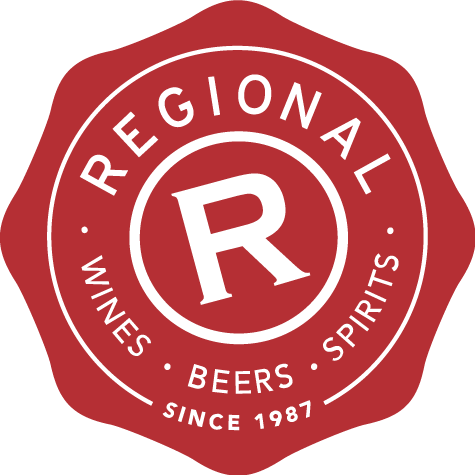A taste of the Scottish Islands
Smuggler's coves and shipwrecked bounty washing up on windswept golden sand beaches - welcome to the Scottish Islands - a whisky region more evocative than most.
The Islands are home to some of Scotland's most dramatic scenery and some of this country’s most dramatic whiskies to boot and we often think of peat when we think of this region. From the big burly medicinals of Islay and the pepper and spice of Talisker to the heather scented peat of Highland Park - the notion of coastal has almost become synonymous with peat. But a journey from the south to the northern outpost of the Orkneys would take in a diversity of styles.
Arran is our first island stop, sandwiched between Campbeltown and the Lowlands in the Firth of Clyde, and is home to the young Arran distillery and its recently added sister distillery, Lagg - which produced its first malt in 2019. Arran is better known for its unpeated citrus malt but Lagg will be all about the peat.
Then it’s around the Kintyre peninsula and on to Islay (which is considered a region unto itself) for some big peat and one of Scotland’s whisky hot spots. The medicinal peat is what makes this region tick, but Caol Ila, Bunnahabhain and Bruichladdich also make some absolutely cracking unpeated offerings which are worth hunting down. The Bunnahbahain 18 year old is a legend unto itself, unpeated and rich from drawn out sherry cask maturation.
Travelling north from Islay into the Hebrides, the Isle of Mull is next. The small picturesque town of Tobermory is where we find the distillery of the same name and its peated alter ego called Ledaig. Ledaigs are typically big and smoky and, when matured in sherry casks, are hard to beat. From here It's only 15km across the waters north to the Ardnamurchan distillery and a similar distance east to the Ncn’ean distillery on the mainland.
Continuing north past the islands of Eigg and Rum (which is a silly name for an island in such a whisky predominant region) we reach Skye, a large island that is famous for its breath taking scenery and the peated whiskies from the Talisker distillery. The malt here is heavy thanks to minimal copper contact and the use of worm tubs to condense and sulphur notes combine with a signature salt and pepper spice to create a unique style.
The number of distilleries recently doubled on the island with the opening of Torabhaig distillery in 2017 and another has recently appeared on the neighbouring island of Raasay - just 25 minutes by ferry. The Raasay flagship release is an interesting number indeed with peated and un peated malt aged in a variety of casks; Chinkapin oak, casks that previously held rye whiskey and Bordeaux red wine casks.
Our last stop is on the Orkney Archipelago where we find Scotland's most northerly distilleries - Scapa and Highland Park. Scapa is known for its juicy new make thanks to the use of a Lomond still whilst Highland Park is known for its floral, heathery peated malt and, well, a penchant for Vikings.
So there you have it. The islands are far from a one trick pony as far as whisky is concerned and with a distillery set to open on the Isle Of Barra, Port Ellen to reopen and plans for Elixir Distillers to go ahead on Islay, it is exciting times in the Islands.
You can see a selection of whiskies from the Islands on special here.
